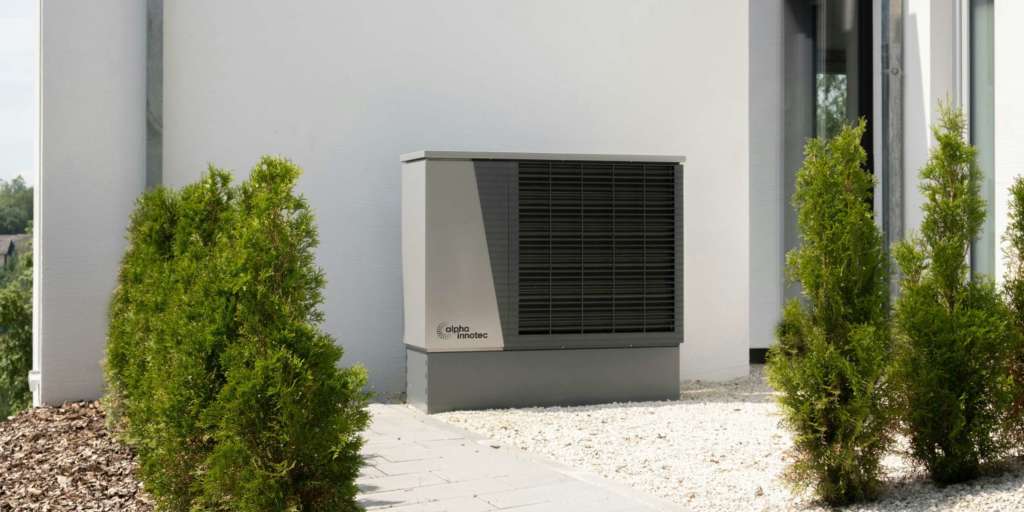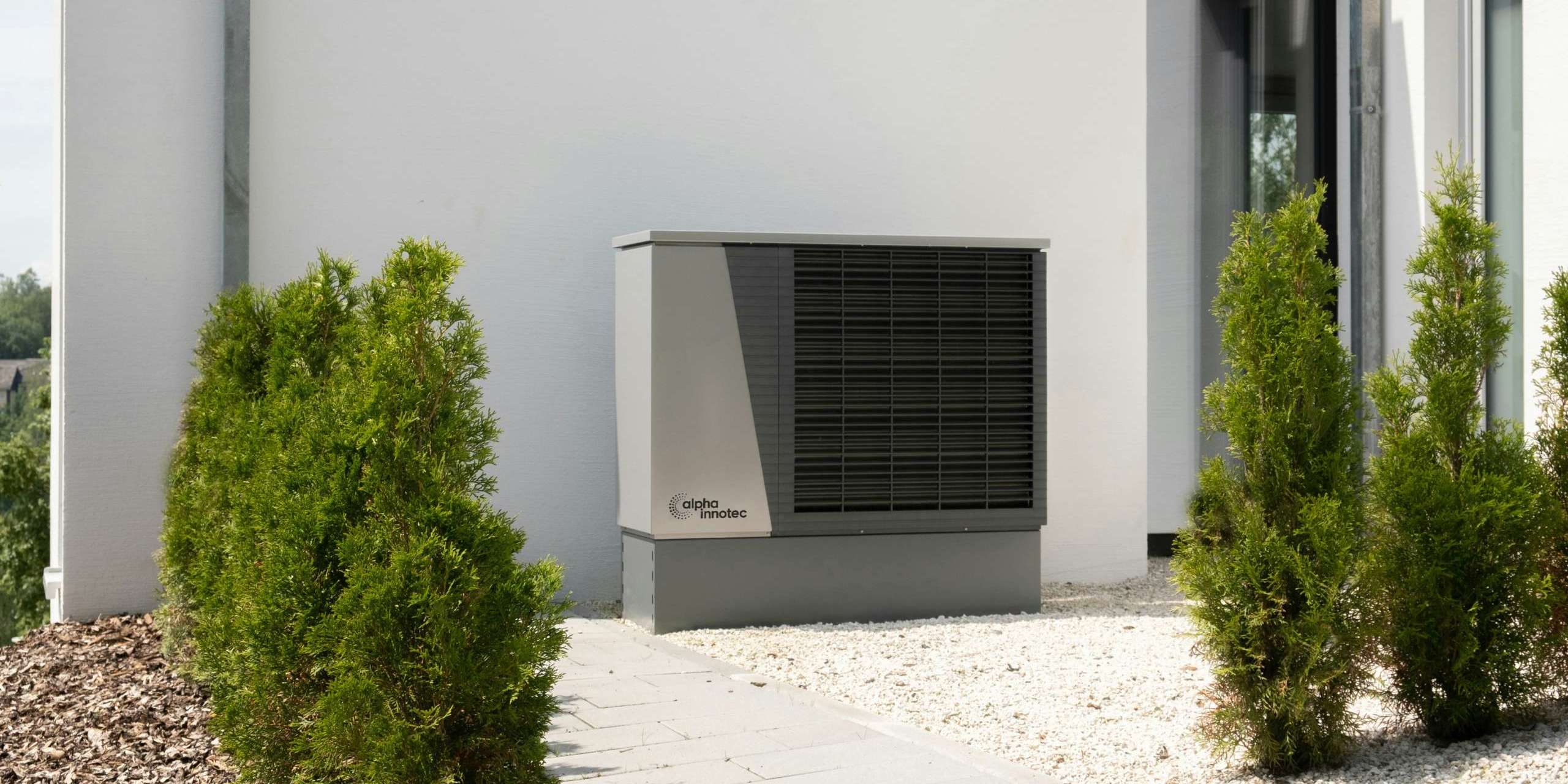As a physician in the greater Denver metro area, I have witnessed firsthand the detrimental impacts of extreme temperatures on the health and well-being of our community members. The risks posed by days and weeks of extreme heat are stark and undeniable; from children to seniors with chronic illnesses to unhoused individuals and residents without proper cooling appliances, all Coloradans are likely to be affected by extreme heat.
The March 2024 Healthy Air and Water Colorado Cooling Report: Merciless Heat How State and Local Lawmakers can Protect At-Risk Households highlights that 2023 was the hottest year on record in communities across our state, aligning with the upward trend of average high temperatures over the past decade. Communities across the state are reporting record-breaking temperatures.
Extreme heat creates a dangerous environment for our most vulnerable: seniors, babies, and those with chronic illnesses like diabetes and heart disease, low-income communities, and renters. It can be life-threatening. Risk of heat stroke or heat exhaustion are more commonly known health impacts associated with high temperatures, but extreme heat can also lead to complications with diabetes, pregnancy, asthma, heart disease, mental illness, and mental health.
In light of the increasing frequency and severity of extreme heat days in Colorado, our state leaders need to take action to ensure families have access to the tools they need to survive the Colorado summer.
The intersection of environmental justice and climate change is impossible to ignore. As temperatures continue to rise, marginalized communities, including Latino and African American families, bear the brunt. Those with housing challenges are left out in the heat.
Every summer, I regularly treat a diversity of individuals who seek care for symptoms of extreme heat like fainting, dizziness, and low blood pressure. Access to affordable and energy-efficient cooling is necessary for relief. Now is the time to offer resources to families and individuals who need efficient cooling appliances.
One promising solution is the widespread adoption of energy-efficient technology of heat pumps. These innovative systems offer both heating and cooling capabilities, making them ideal for addressing the dual challenges of extreme temperatures and poor air quality. Unlike traditional heating and AC systems, which can be costly to install and maintain, heat pumps are affordable, energy efficient, and accessible to households of all income levels.
Promoting the adoption of heat pumps is a crucial step toward ensuring that all Coloradans have access to safe, efficient, and clean energy solutions.
By incentivizing the installation of heat pumps, we not only reduce greenhouse gas emissions associated with traditional central air conditioning, but also save families money on their energy bills. Moreover, these systems can improve respiratory health and enhance safety by eliminating the use of natural gas in homes, reducing exposure to harmful pollutants like carbon monoxide and particulates.
Promoting the adoption of heat pumps is a crucial step toward ensuring that all Coloradans have access to safe, efficient, and clean energy solutions. By supporting small business owners, contractors, and builders in transitioning to this new technology, we can create jobs, stimulate economic growth, and protect public health in the face of climate change.
As a physician, I am committed to advocating for policies that address the growing public health threats posed by climate change. By combining clinical expertise with fact-based research, we can raise awareness and drive action to mitigate the impacts of extreme temperatures and poor air quality on our communities.
It is time for Colorado to lead the way in promoting clean energy solutions that prioritize the health and well-being of all its residents. By investing in heat pumps, we can create a more sustainable future for generations to come.

This article initially appeared in Colorado Newsline, which is part of States Newsroom, a network of news bureaus supported by grants and a coalition of donors as a 501c(3) public charity. Colorado Newsline maintains editorial independence. Contact Editor Quentin Young for questions: [email protected]. Follow Colorado Newsline on Facebook and Twitter.




